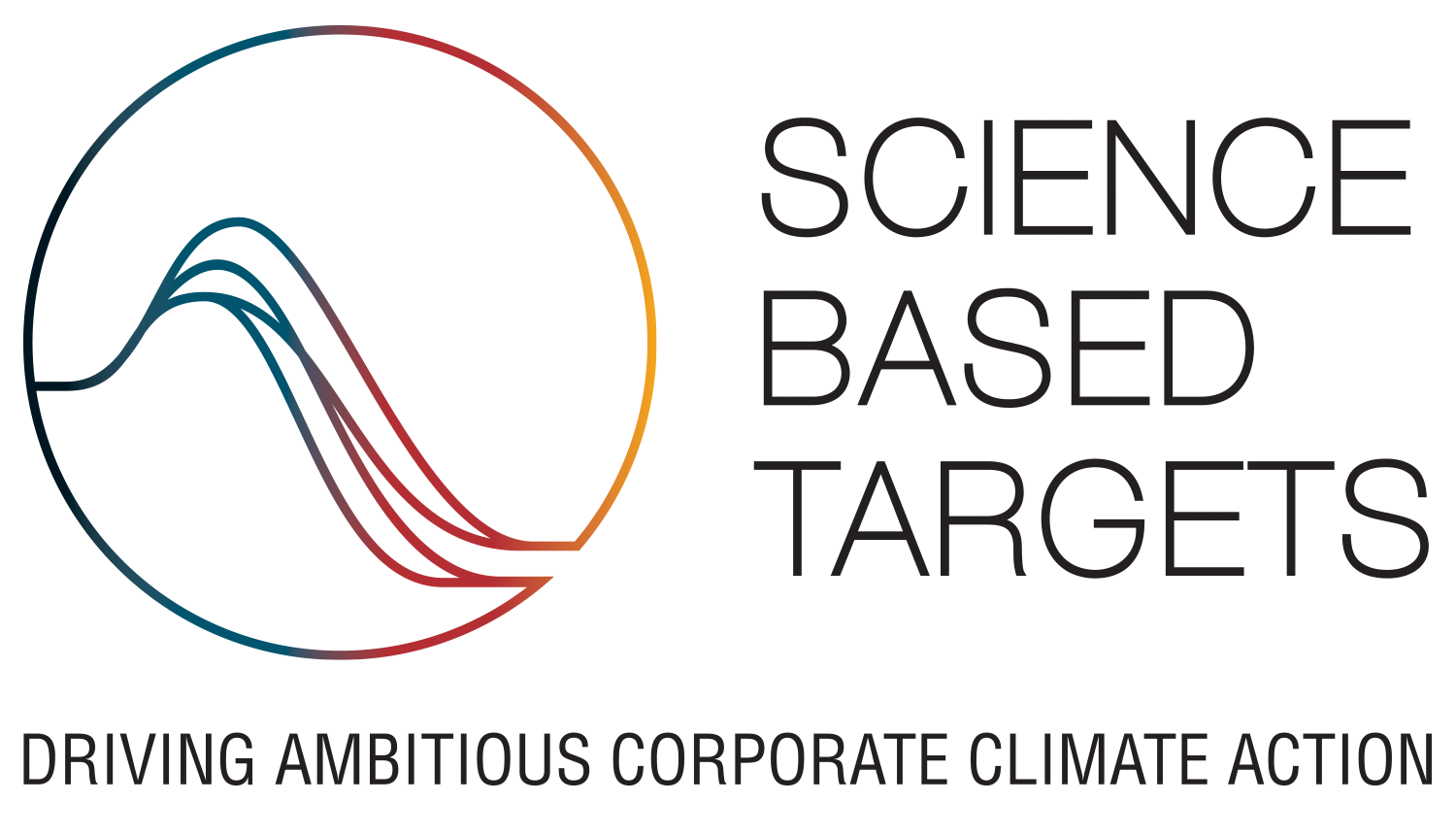Sustainability
Lifco is convinced that it is only with a sustainability perspective that it is possible to build sustainably profitable companies with motivated employees and satisfied customers. That’s why sustainability is an integral part of Lifco’s business model. A sustainability perspective is also a key element of the acquisition process, and we only acquire companies that operate in a sustainable manner.
Based on an overall assessment of the Group’s and its stakeholders’ priorities, Lifco has chosen to prioritise the sustainability areas climate, employees and sound business practices. Read more about Lifco’s sustainability work in the Annual Report and Sustainability Report 2024.
Lifco’s policies in the area of sustainability
Environmental Policy (pdf)
HR Policy (pdf)
IT Policy
Tax Policy (pdf)
Whistleblower Policy (pdf)
Our Code of Conduct is found here.

Climate targets validated by Science Based Targets initiative (SBTi)
Lifco’s climate targets have been validated by SBTi on 4 April 2025.
Our near-term science-based targets are:
Lifco commits to reduce absolute scope 1 and 2 GHG emissions 42% by 2030 from a 2023 base year.1
Lifco also commits that 10% of its customers by revenue covering use of sold products, will have science-based targets by 2029.
1The target boundary includes land-related emissions and removals from bioenergy feedstocks.
Anonymous reporting on serious deviations from our Code of Conduct: https://report.whistleb.com/lifco
The channel is not available for reporting of personal data on Russian citizens.